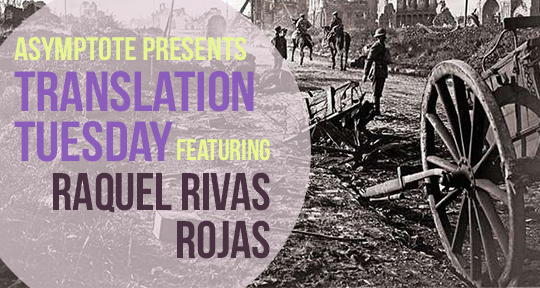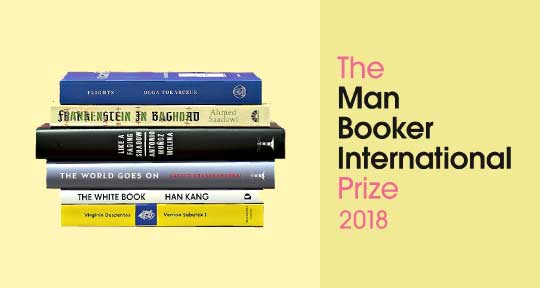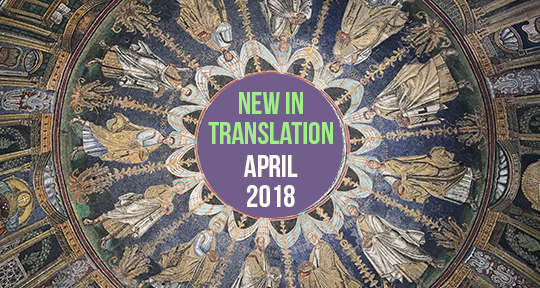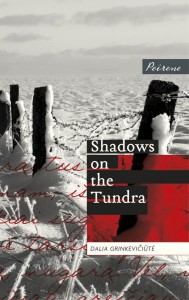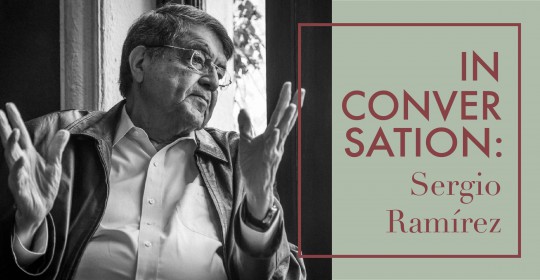Last October, the Spanish publishing house Alfaguara put out Ya nadie llora por mí, the most recent novel from the acclaimed Nicaraguan writer, Sergio Ramírez and sequel to his 2009 novel, El cielo llora por mí (The Sky Cries for Me). A couple of weeks later, the Spanish Ministry of Culture announced that Sergio was the winner of the 2017 Miguel de Cervantes Prize, the most important literary award for Spanish-language writers. Other laureates include Jorge Luis Borges, Carlos Fuentes, and Mario Vargas Llosa. Sergio is the first Central American writer to receive this distinction. He has published around thirty books, two of which have been translated into English: Divine Punishment (McPherson & Company) and the 1998 Alfaguara Prize winning novel Margarita, How Beautiful the Sea (Curbstone Books).
Three months later, Sergio and I—his umpteenth interviewer since November—got together at a fancy hotel on the misty mountains of Guatemala City, hours before he presented Ya nadie llora por mí in SOPHOS bookstore. I imagined all the questions Sergio had answered during the past few months. What does it feel like to have won it? Where were you when you got the news? Can you give us a preview of your acceptance speech? I should ask him about his favorite Guatemalan dish, I thought, to shake things up.
Sergio is kind but equally incisive, serene, and voracious. He speaks with care and potency about Central American literature, being a writer, and Centro América Cuenta. Hosted in Nicaragua, this is the biggest literary festival of the region that seeks to strengthen Central American writers and bring them closer to the rest of Ibero-America. Sergio, with a cup of coffee in his hand, is also critical of the contaminated reality of his country. A reality from which his work often comes to life.
In Ya nadie llora por mí (Nobody cries for me anymore) inspector Dolores Morales has been discharged from the National Police, and he now works as a private investigator. He mostly handles cases about adultery for clients with no money. Then the disappearance of a millionaire’s daughter takes him out of his routine. In Sergio’s latest novel we also get to see how corruption and abuse of power underlie the revolutionary discourse of contemporary Nicaragua.
“As a citizen, I desire a different reality,” he says. “As a writer, I take advantage of it.”
Sergio is arguably the most important Central American writer today.
José García Escobar (JGE): What was it like to revisit detective Dolores Morales for your latest book? Did you have the story for Ya nadie llora por mí first, and then realized you needed Dolores to tell it? Or was it the other way around?
Sergio Ramírez (SR): I came up with the story first. I wanted to write about Nicaragua today, and for this, I needed a character like Dolores: a detective and former guerrilla. Noir fiction, or novela negra, as we call it, gives me the opportunity to look at the events I’m writing about from afar. With this distance I can add humor, irony. Also, given his background, this character helped work around that distance. Dolores is often bound by his ethic, a type of ethic he picked up from his years as a guerrillero; he uses that critical thought and critical distance for his work, but at the same time he’s always at risk of getting contaminated by that environment. He observes the situations as he would have in the past and is that moral nostalgia and critical distance that allows my character to lead the book.
READ MORE…



